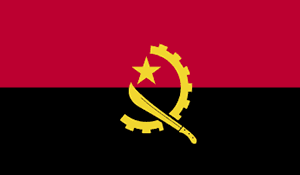
Angola: bonos, índices, calificaciones de riesgo
Nombre del país
Angola
Deuda de bonos
22.298 mln USD



